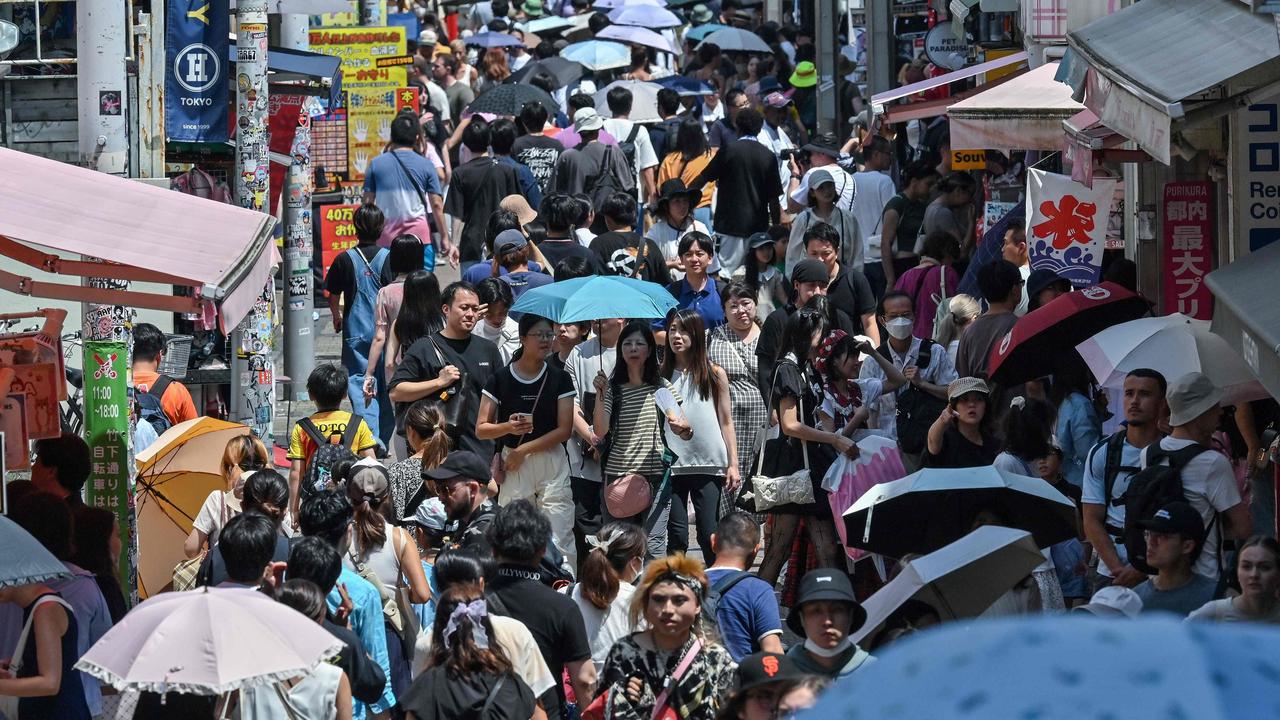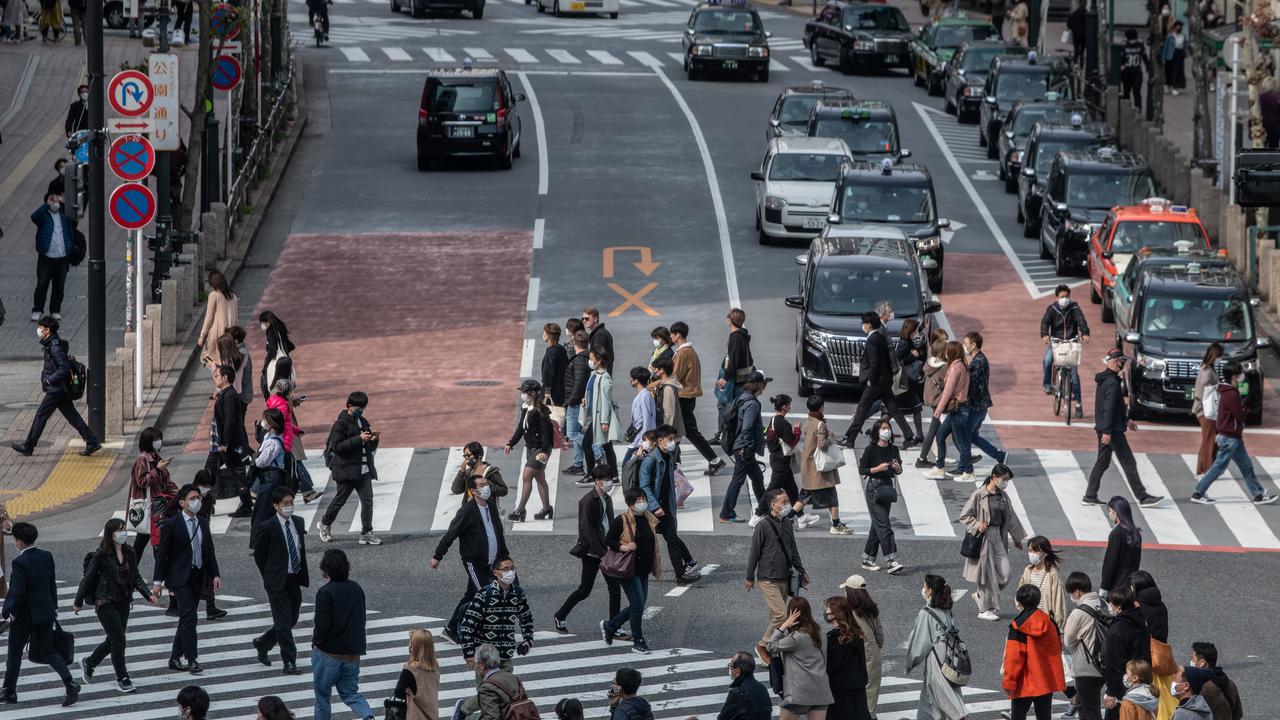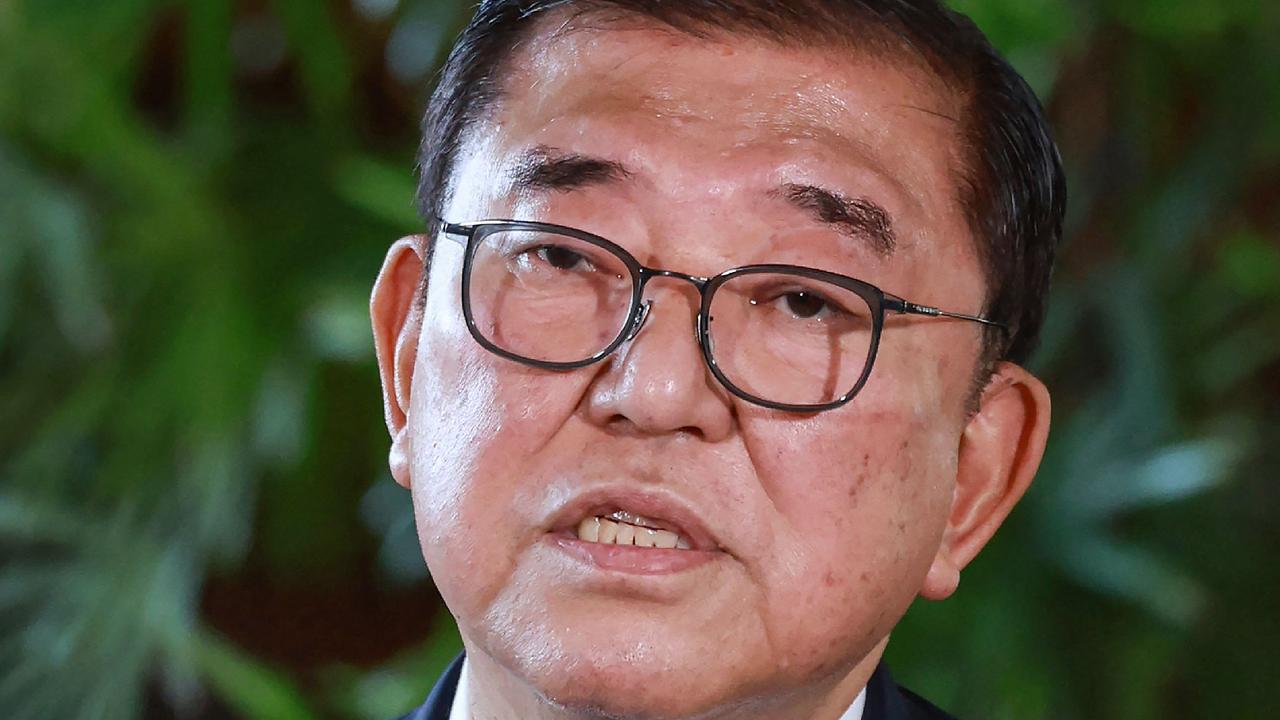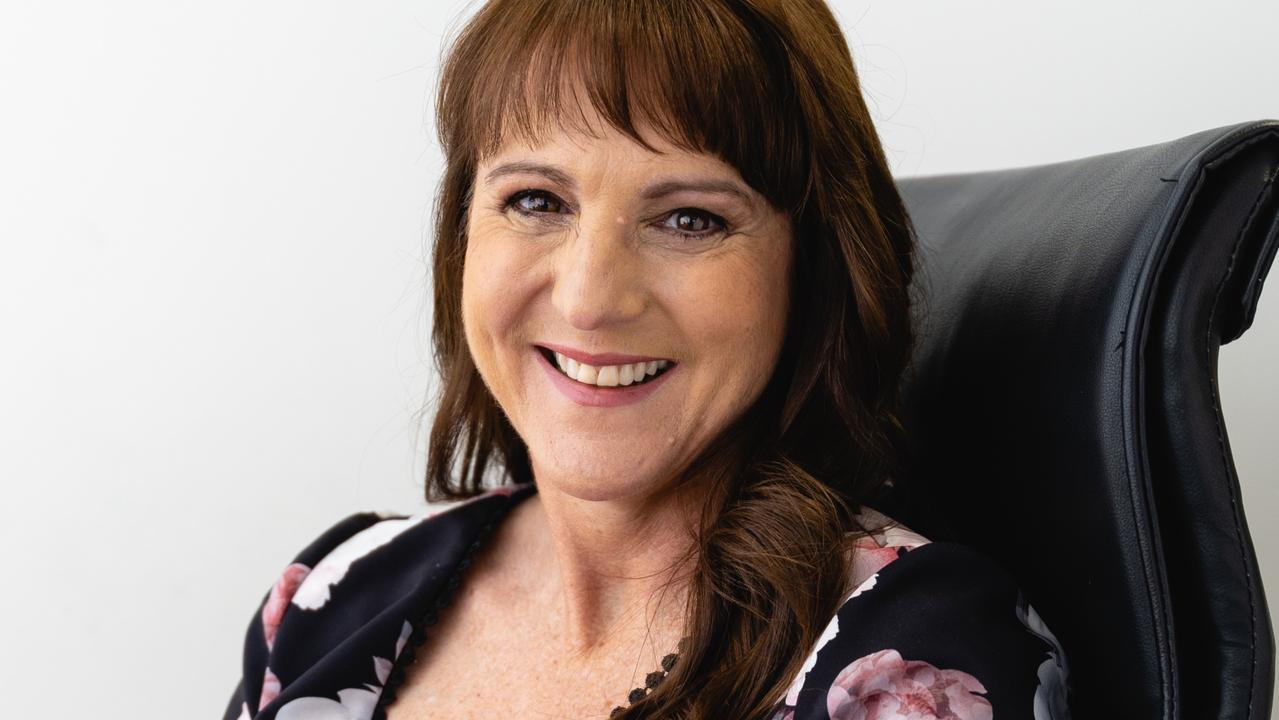Japan’s radical 4-day week experiment to stop ‘crisis’
Japan is taking dramatic action after a 125-year crisis left the Asian power on its “last chance” to “continue to function as a society”.

Japan is introducing an “extraordinary” measure in an effort to stem its declining population, with a four day work week set to come into force next year.
The Tokyo government, which boasts more than 160,000 government employees, is putting in place the radical experiment from April 2025 in the hopes that citizens will have more babies.
Tokyo joins a growing global movement to change work-life balance, which is being embraced by some governments and private companies worldwide including in South Africa, Brazil, Germany and Australia.
Trials of the initiative in countries such as Iceland and the UK have been labelled a “resounding success”, with reported benefits including reduced employee burnout, increased productivity and greater talent attraction in a tight labour market
The change is based on the 100:80:100 model, in which staff keep 100 per cent of their pay but have their work hours reduced to 80 per cent.

Tokyo government staff will have the choice of adjusting their hours to free up one day a week where they don’t have to work.
It comes as the number of babies born in Japan last year fell to the lowest since records began in 1899, as the government warns the next six years to 2030 may be the country’s “last chance” to reverse the trend.
Births fell for the eighth straight year to a new record low of 758,631, a 5.1 per cent decline on 2022, marking the lowest number of births since Japan started collecting statistics 125 years ago, according to figures released on Tuesday by the Health and Welfare Ministry.
Marriages fell 5.9 per cent to 489,281, falling below half a million for the first time in 90 years, the Associated Press reported.

The low number of marriages is one of the key reasons for declining births as out-of-wedlock babies are rare in Japan, with younger Japanese people reportedly blaming high cost of living and lack of job prospects for their decision to put off marrying and having families.
Prime Minister Fumio Kishida has previously described the declining birthrate as “the biggest crisis Japan faces”, warning last year that the country was “standing on the verge of whether we can continue to function as a society”.
That’s why the country is scrambling to find ways to get it’s citizens on the baby bandwagon.
Tokyo governor Yuriko Koike said flexible working would continue to be reviewed “so that nobody has to sacrifice their careers due to life events such as giving birth and caring for children”.
The four day work week has also been embraced by local governments in some parts of Japan.

However, the Japanese government first endorsed this idea in 2021, but uptake had been slow. Only around 8 per cent of companies currently offer employees the option of a three-day weekend, while another 7 per cent allow only the legally mandated one day off per week, according to Japan’s Ministry of Health, Labour and Welfare.
Not for profit organisation 4 Day Week Global has been advocating for the change worldwide, while also helping companies to implement and evaluate trials of the new way of working.
It founders described the Tokyo Metropolitan Government’s move as “extraordinary, in a country that has such a reputation for non-flexibility in this area and has an actual word [karoshi] for death by overwork”, the Financial Times reported.
“Productivity goes up, the ability to attract and retain staff improves, and sick days broadly halve,” said founder Charlotte Lockhart.
“The benefits become quite material, and this is something that transcends borders.”
Several larger Japanese corporations have also experimented with more flexible work schedules.
Fast Retailing Co – the parent company of Uniqlo and other clothing brands – pharmaceutical firm Shionogi & Co and electronics manufacturers like Ricoh and Hitachi have implemented four-day work weeks in recent years.

It comes as more Australian companies find success with the four day work model.
In October, Medibank revealed it was expanding its four-day work week “experiment” after a six-month trial found employees had become happier, healthier and more efficient.
The private health insurer decided to move another 250 employees to a four-day week, bringing the total number of participants in the trial to 500.
Key outcomes from the initial six-month trial showed productivity remained consistent and there was an improvement of perceptions and performance.
Participants reported feeling 4.5 per cent more satisfied and 6.7 per cent more engaged with their work.

As a result of the reduced work hours, less time was spent on unproductive and “low value work”, such as unnecessary meetings and double handling or duplication of reporting.
Just over one-third of Australian companies expect to transition to a four-day week within the next five years, according to reports.
Last year, Bunnings signed an agreement with the Shop Distributive and Allied Employees Association (SDA) for a four-day work week trial.
The iconic hardware retailer’s 40,000 employees now have the option to work a standard 40-hour week condensed into four days.
– with Ally Foster and Frank Chung
Originally published as Japan’s radical 4-day week experiment to stop ‘crisis’




